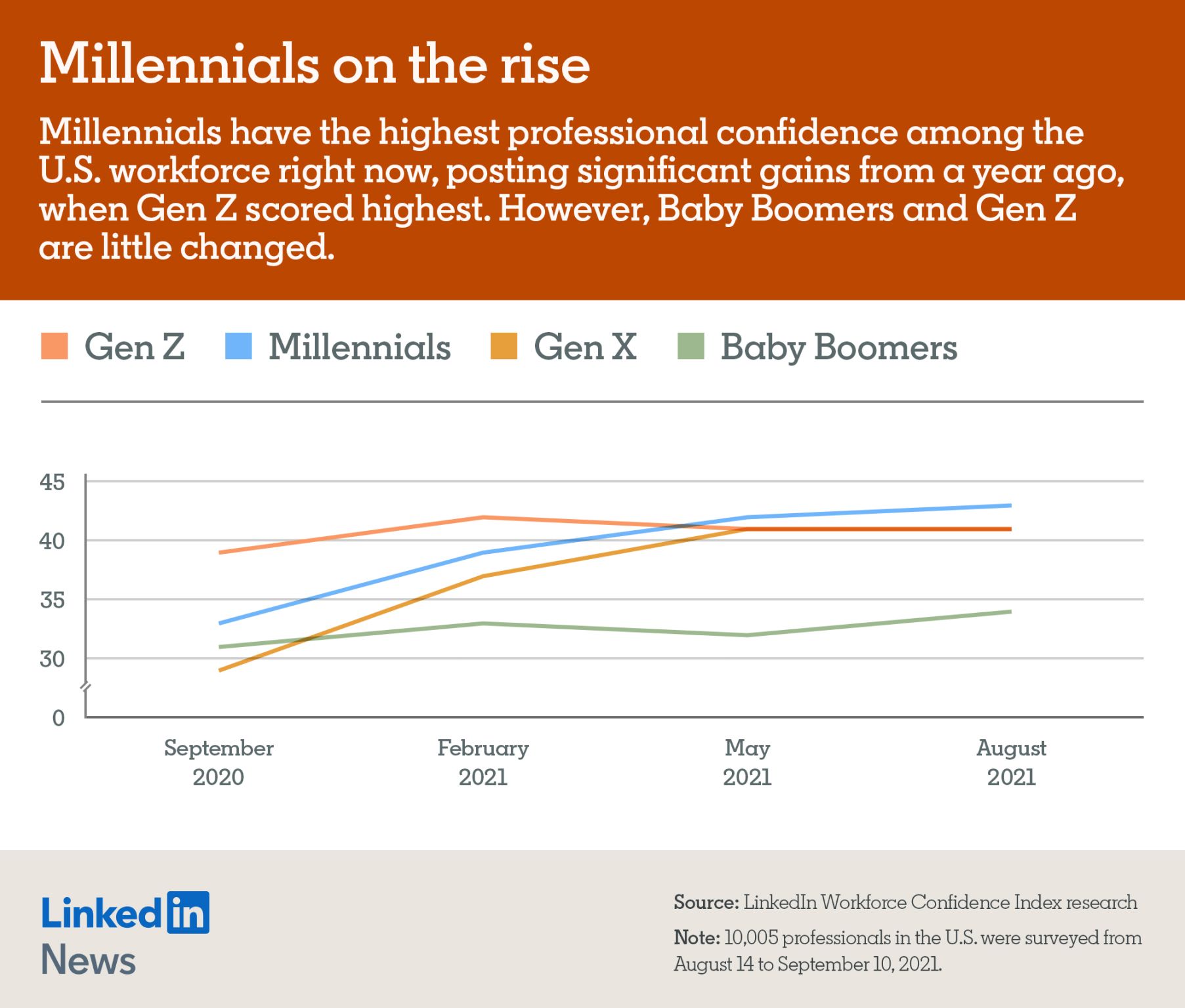

The generation gap or generational gap is a difference of opinions between generations about beliefs, politics, or values.
In present-day usage, the generation gap often refers to a perceived gap between younger people and their parents or grandparents.
A generation gap is defined as the different thoughts and worldviews held by different generational cohorts.
The generation gap between individuals can be used to explain differences in worldviews and actions among those of different age groups.
The current living generations are known as the Greatest Generation, the silent generation, baby boomers, Generation X, millennials, and Generation Z.
The Greatest generation born during Great Depression and being World War II survivors, they were instrumental in shaping the United States into an economic and military power. This group is defined by patriotism, teamwork, and drive. They were born from 1901 to 1927.
Silent generation Born 1928 to 1945, older members of the silent generation fought in Korea, while younger ones danced to Elvis and early rock 'n' roll, formed the leadership of the civil rights movement, and were the New Frontier generation of President Kennedy. More traditional and rules-following than the baby boomers, they are also called the traditionalist generation, although that may be a misnomer for this group.
Baby boomers witnessed increasing social and economic equality and came of age as the country was split by differing views on politics, war, and social justice. They participated in some of the greatest social changes in the country’s history, during the 1960s and 1970s, with the Civil Rights Movement and the Women’s Movement.
Generation X was born between 1965 and 1980, Gen-Xers grew up with emerging technologies and political and institutional incompetence. They witnessed Watergate, Three Mile Island, and the Iranian hostage crisis. But they also observed major technological advancements. Mimeograph machines evolved into high-speed copiers, and fax machines gave way to email. Heavy adding machines were replaced by handheld calculators, and computers shrank in size and processing speed.
Millennials were born between 1981 and 1996, millennials have always known cable TV, pagers, answering machines, laptop computers, and video games. Technological advancements in real-time media and communication have driven their expectation for immediacy. They are the generation that bridges the gap of growing up in a world before and after the Internet. They have also seen untold tragedy in their youth, with events like the Columbine High School shootings of 1999 and the attacks of Sept. 11, 2001. Millennials were hit hard by the 2008 Great Recession, hurting the long-term outlook of their finances. Those born on the edge of the Gen-X and Millennials are sometimes referred to as X-biennials
Generation Z is the generation after the millennials, born after 1996 and 2012. This generation consists of individuals in young adulthood, teenagers, and children. This is the first generation that grew up with the Internet as a fact of life, not knowing a world without email, immediate access to information, or mobile phones.
Businesses often aim to understand the different characteristics of each generation to create and market their products and services.
Why do employers seek to reduce the generational gap within the workplace by employing a variety of techniques, but appear to fear older more experienced workers?